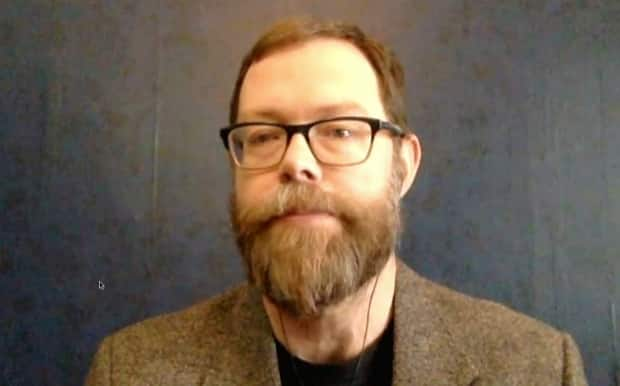Public uncertainty in ongoing election an issue, says MUN political scientist


A Memorial University political scientist says the results of a recent survey, which suggest widespread discontent toward the ongoing Newfoundland and Labrador general election, portray "a real issue."
Following the election's postponement due to last month's COVID-19 outbreak, CBC's Vote Compass surveyed 841 people on their thoughts on the election — which has been running since Jan. 15. The results suggested discontent with both Elections NL and the election itself.
Seventy-five per cent of people surveyed said they somewhat disapprove or strongly disapprove of Elections NL's management of the election so far, while 33 per cent are not confident at all in the integrity of the election.
Kelly Blidook says that shouldn't happen in a democracy.
"High proportions of uncertainty, regardless of where they are coming from, is a real issue in a properly stable democratic state," Blidook said.
"We shouldn't be seeing numbers like this."
It's still unknown when the results of the election will be released, but Elections NL says it could take until April.
Blidook said there should be a breathing period after results are released and the province should not take them as meaningful until the report from the chief electoral officer is tabled and legal advice is sought.
"Use those to kind of figure out if this election is done properly or not. I think that the public's views on this are important to take into account too," he said.
"If a large number of people in this province feel that the election was not done properly, that's an issue. I think this should play into how we approach this down the road."

Of the 841 people surveyed, 18 per cent agreed somewhat, while 50 per cent agreed strongly that the election should have waited until most people in the province had been vaccinated.
Broken down by party support, Liberal supporters are more likely to approve of the election and its management, while PC and NDP supporters are more likely to have concerns about election timing and management, said Blidook.
"So, if you are a supporter of the Liberals, you are more likely to think the election is OK. If you support the opposition parties, you are more likely to think the election is not OK," he said.
"If what they want to happen is more likely to happen, then they are more likely to say the way it was done is good and vice versa."
The Progressive Conservative and New Democratic parties have been critical of Liberal Leader Andrew Furey for making the snap election call this winter, however.
Furey contends there there were no obvious signs of an outbreak when the call was made and other provinces — British Columbia, Saskatchewan and New Brunswick — had held provincial elections safely during the pandemic.
But, Blidook told CBC News he doesn't believe the provincial Liberals will face a large change in their support.
"I think we've seen a little bit of erosion of support for the Liberals. They started out in 60-plus [percentage] territory. We saw polls that brought them down into the 50s," he said.
"It's possible they'll have dropped a bit more than that, but I honestly don't think that this will be a massive crumbling of support for them."

